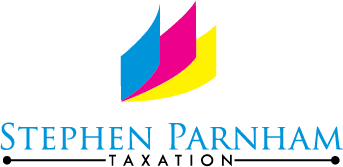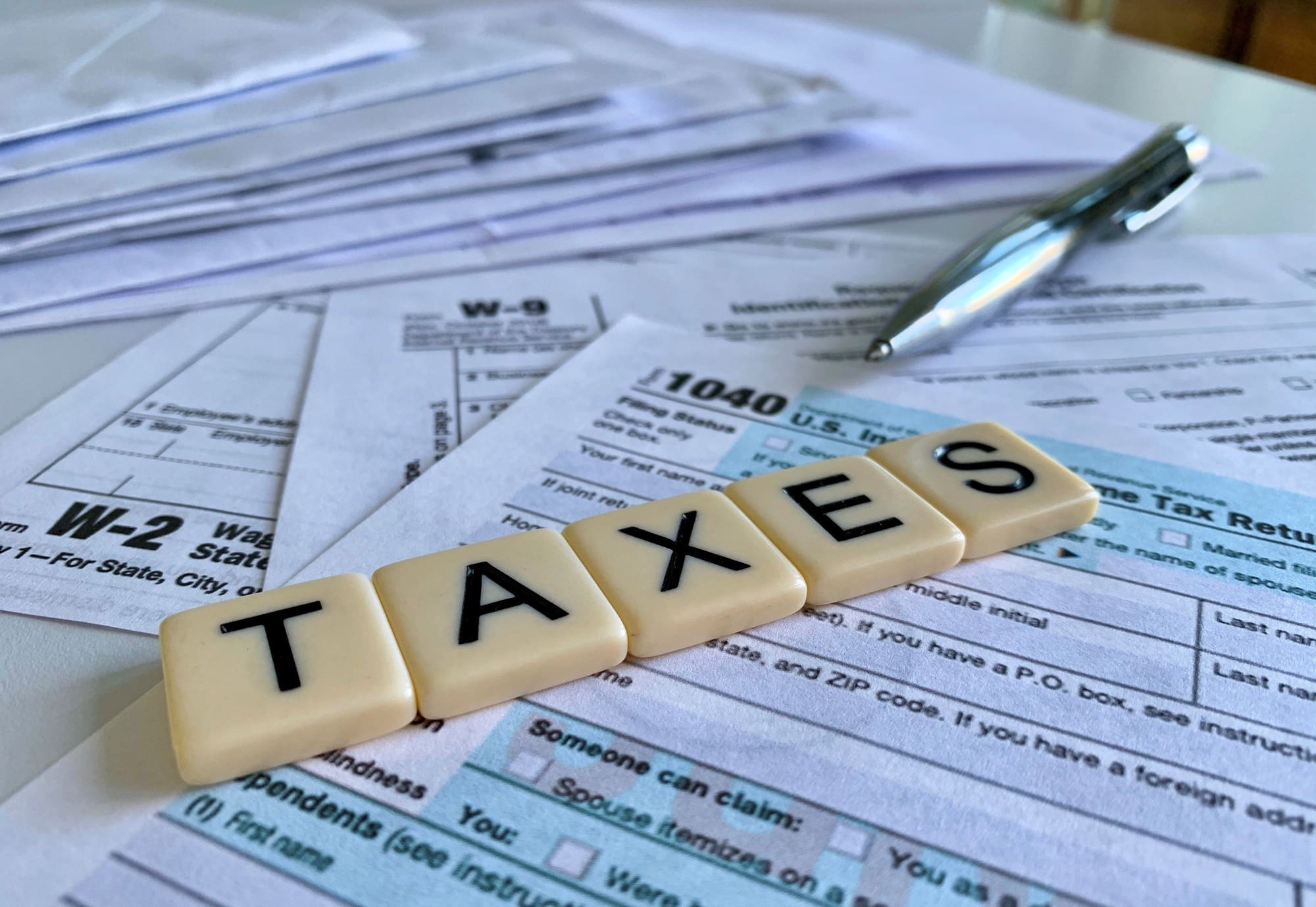For many, inheritance tax planning involves using the annual exemption of £3,000 every year and making gifts with the hope that they will survive the 7 years for the exemption to apply. Such basic planning is typically periodic and often ineffective because planned future gifts are delayed or simply forgotten. It also does not address the problem of the estate increasing in value between gifts. This is unavoidable but for those with incomes in excess of their day-to-day needs, assistance is afforded by the relief sometimes known as ‘Normal expenditure out of income’.
The key benefits of this relief are that the gifts are immediately exempt and there is no prescribed limit, so long as the conditions are met. In the right circumstances this is a very valuable relief indeed.
It is highly pertinent that HM Revenue & Customs have recently advised on the evidence they need to justify a normal expenditure out of income claim on death, reporting it on IHT403 and individuals and their executors should therefore anticipate detailed scrutiny of circumstances.
The narrative of HMRC Trusts & Estates Newsletter September 2015 is straightforward, should have been best practice in any event and is well worth quoting in full.
“If you want us to treat lifetime gifts made by a deceased person as normal expenditure out of income you will need to give us information about the deceased’s income and expenditure. We have designed page 6 of the form IHT403, ‘Gifts and other transfers of value’ so you can set out these details in a way we can clearly understand.
We have noticed that we are receiving an increasing number of forms IHT403 where:
the deceased made gifts which may have been normal expenditure out of income
page 6 of the form IHT403 is incomplete
there is no separate schedule showing income and expenditure.
If you want to deduct normal expenditure out of income (NOOI) exemption from the deceased’s estate, you must give details of the gifts on page 2 of form IHT403. You must also give details of the deceased’s income and expenditure during the period when the gifts were made by either:
completing page 6 of the form IHT403
sending us your own supporting schedule of income and expenditure.
You should also send us any relevant documents. But, these should only be to support the details already given in the form IHT403 or separate schedule, and not as a substitute for them.”
Maintaining adequate records as the basis for this relief has always been essential and certainly should be regarded as best practice. HMRC’s narrative aptly concludes,
“If you don’t complete page 6 or provide a supporting schedule it will take us longer to consider whether normal out of income exemption applies. We may also need to ask you further questions about the deceased’s income or expenditure if you don’t set these details out clearly.”


